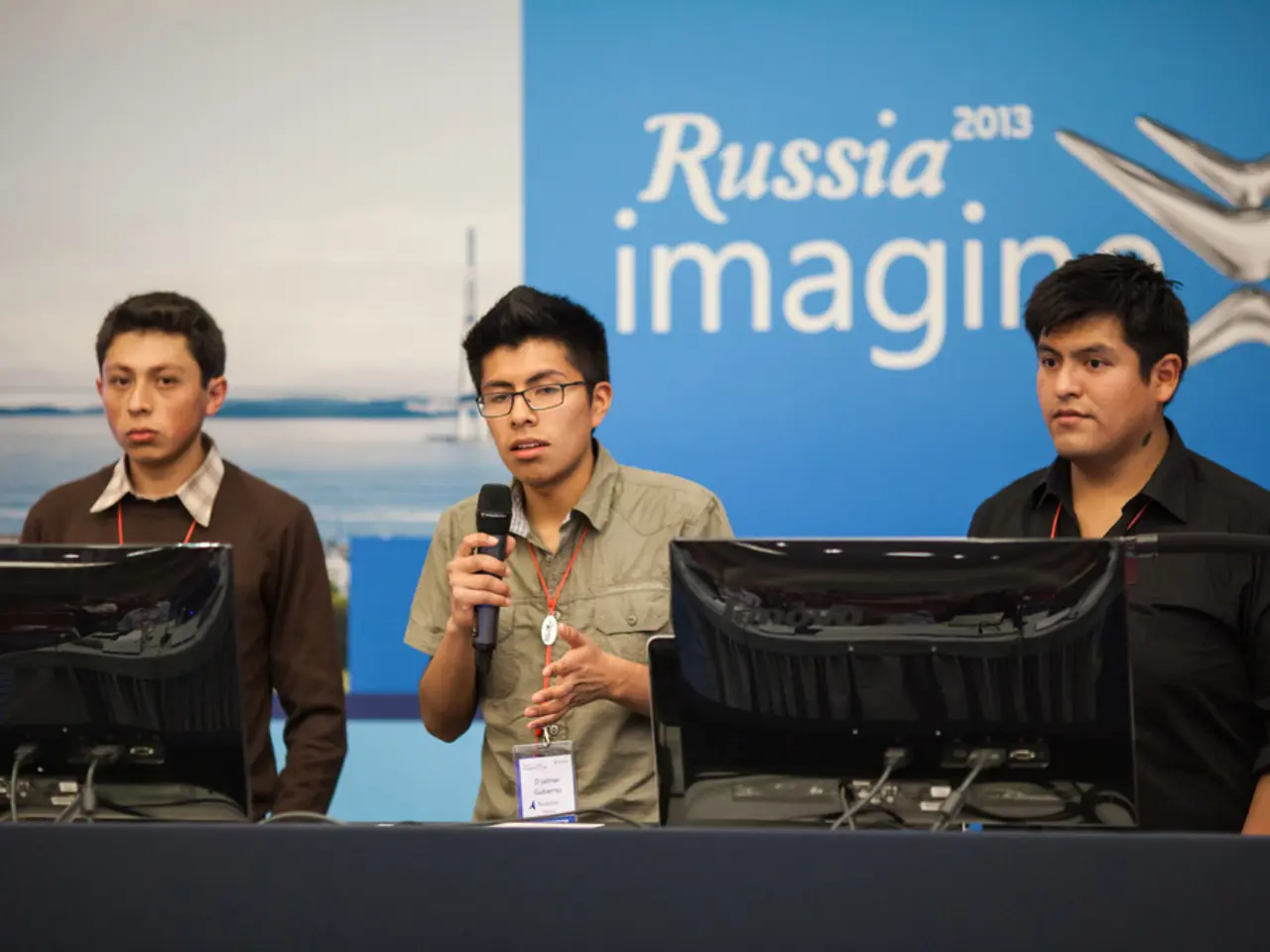Civil-Military Ties and Democracy: Examining the Influence of a Biased Public in Shaping Future Relations
In the realm of democratic civil-military relations, the United States has faced a series of challenges over the past two decades. These issues revolve around the delicate balance between military loyalty to civilian authority and political pressures, the politicization of the armed forces, and the erosion of traditional mutual respect and constitutional norms governing this relationship.
1. **Constitutional Loyalty vs. Executive Authority** The principle of the military's subordination to civilian leadership and the obligation to obey lawful orders has been tested in recent years, particularly under the Trump administrations. The firing of legal and national security officials and assertions of executive authority have raised concerns about whether military leaders must remain loyal to a president who may be acting outside constitutional limits.
2. **Politicization of the Armed Forces** The increasing politicization of the military is a significant concern. The deployment of the National Guard and Marines in domestic contexts without formal state requests, especially for politically charged reasons such as protests, has politicized the military’s image. President Trump's public speeches that encouraged partisan reactions within military contexts further blurred the line between the military's role and partisan politics.
3. **Civil-Military Divide and Public-Military Gap** Over the past two decades, there has been a widening gulf between the military and the broader public. Although public trust in the military remains high, fewer citizens have direct connections to the military, potentially weakening societal respect and understanding of the armed forces’ role.
4. **Congressional Role and Oversight Challenges** Civilians, particularly Congress, have a responsibility to maintain healthy civil-military relations by exercising informal oversight tools and ensuring military decisions align with democratic norms. However, recent trends suggest increased difficulties in oversight and coordination between Congress, the military, and the executive branch.
5. **Heightened Polarization and Democratic Crisis Risks** Political polarization and episodes of violence linked to partisan conflicts have increased since the 2020s, bringing civil-military relations under strain as military leaders face complex loyalty issues amid rising domestic tensions. Such polarization threatens the nonpartisan nature of the military and raises the stakes of civil-military friction becoming a constitutional crisis.
Over the past two decades, we have witnessed a gradual erosion of democratic civil-military relations due to increasing political polarization, controversial military deployments in domestic politics, and challenges to civilian authority and democratic norms, especially during and after Trump’s presidencies. The present situation is described as a constitutional crisis in civil-military relations, marked by tensions over loyalty, politicization, and public trust, posing potential threats to the stability of American democracy and civilian control of the military.
References: [1] Levin, M. (2021). The Erosion of Civil-Military Relations in America. Foreign Affairs. [2] Lubold, D. (2019). The Politicization of the Military: A Threat to American Democracy. The National Interest. [3] Stavridis, J. (2019). The Dangerous Erosion of Civil-Military Relations in America. The Atlantic. [4] Snyder, J. (2019). The Challenge of Political Polarization in the United States. Carnegie Endowment for International Peace.
- **Future of Military Education and Leadership** Amid these challenges, there is a growing need to reevaluate the military's education and self-development systems to foster leaders who can navigate complex civil-military relations, maintain neutrality amid political pressures, and uphold constitutional principles.
- **Defense Strategy and Warfare in a Polarized Environment** In the face of heightened domestic tensions and the politicization of the armed forces, the development of comprehensive defense strategies that prioritize national security, respond to war and conflicts, and address crime and justice issues becomes crucial.
- **Communication and Collaboration for Civil-Military Relations** Collaborative efforts between Congress, the military, and the executive branch, along with open communication channels between the public and military, are essential for maintaining trust and fostering a shared understanding of democracy, military service, and the role of the military in American politics.
- **Public Awareness and Education on Civil-Military Relations** As civil-military relations face unprecedented challenges, it becomes more important to educate the public on these issues through general news and media outlets, fostering public understanding and support for democratic civil-military relations.
- **Overhauling the System for Sustainable Civil-Military Relations** In the long run, reforming the current civil-military relations system to emphasize checks and balances, promote accountability, reduce politicization, and uphold constitutional norms is necessary to sustain democracy and civilian control over the military.
- **Restoring Trust and Balance in Civil-Military Relations** By addressing the challenges in civil-military relations and fostering a new era of collaboration, open communication, and public understanding, American democracy can overcome its present crisis and establish a more sustainable and balanced relationship between civilian authority and the military.




